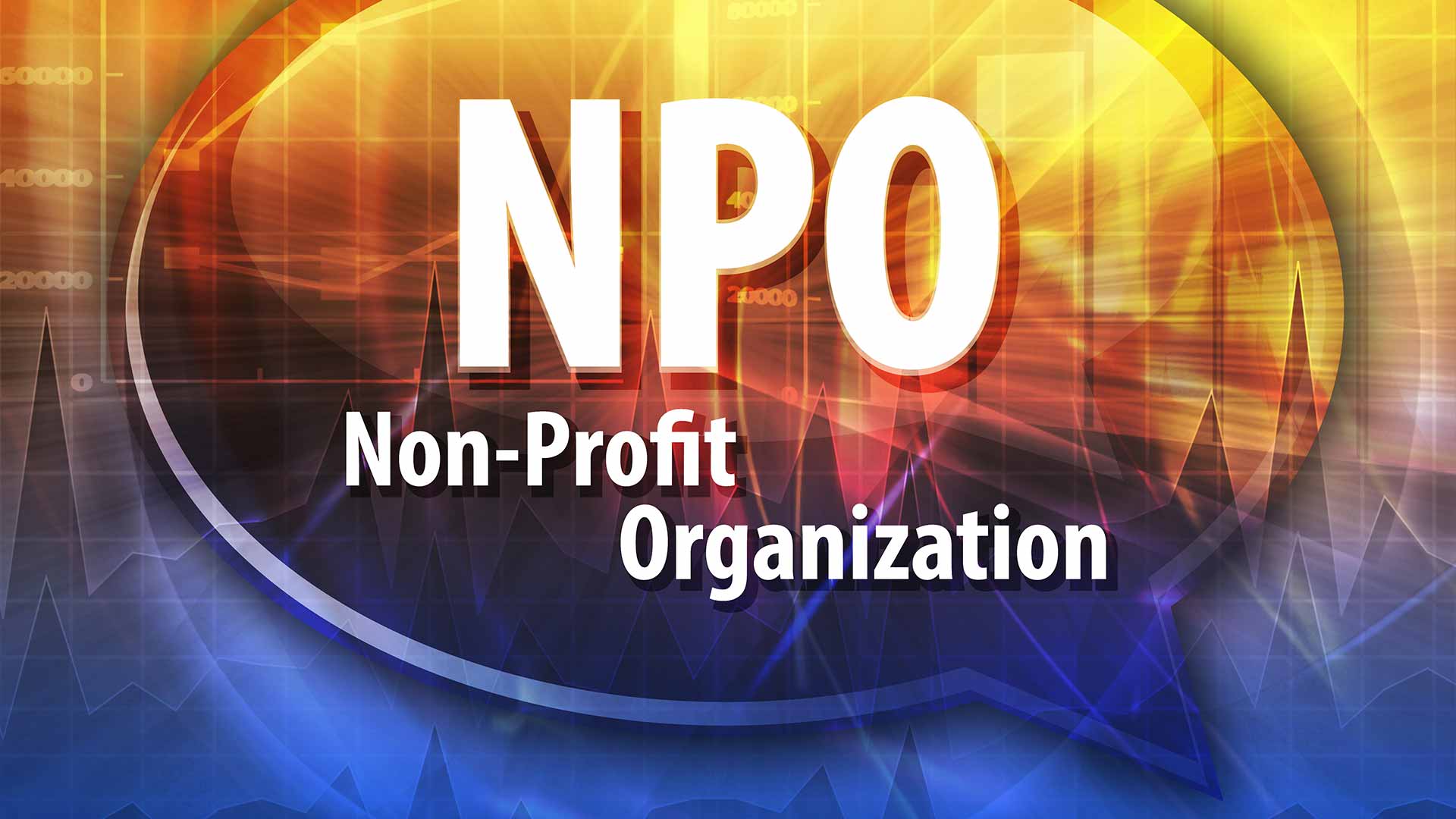Not-for-Profit Organizations (“NPOs”) that are incorporated under Federal or Provincial legislation are generally exempt from corporate income tax under the Income Tax Act. However, in most cases, an NPO is still required to file a tax return(s).
It is important to note that an NPO is different from a Registered Charity (“Charity”). A Charity needs to apply to the Canada Revenue Agency (“CRA”) for charitable registration. A Charity is exempt from tax and can issue donation receipts. An NPO is an entity that is not a Charity and has been organized to operate for a purpose other than profit. NPOs are generally exempt from tax as long as specific criteria set out in the tax legislation are met. Unlike a Charity, an NPO cannot issue donation receipts.
An NPO can be incorporated or unincorporated. An unincorporated NPO is not required to file income tax returns.
Incorporated NPOs are required to file an annual T2 – Corporate Income Tax Return. Even though most incorporated NPOs are exempt from income tax under the Income Tax Act, they are still required to file the T2 return. An incorporated NPO does not pay tax on its profits or on any capital gains that it realizes. The annual T2 return is due within six months of an NPO’s taxation year end. An NPO that provides dining, recreation or sporting facilities is taxed on income from those activities and must file an annual T3 Trust Income Tax and Information Return within 90 days of the end of the calendar year.
A T1044, or a Non-Profit Organization (NPO) Information Return, is due if the organization meets the following conditions:
- The NPO received taxable dividends, interest, royalties or rentals that totaled more than $10,000;
- The NPO’s total assets exceeded $200,000 at the end of the preceding fiscal year; or,
- The NPO had to file an NPO Information Return for a previous fiscal period.
Once an NPO files a T1044, it has a requirement to file the return in all future years, as long as it remains an NPO. The T1044 is due six months after its fiscal year end. It is important to note that penalties do apply if the NPO is required to file a T1044 and the return is either filed late or not at all. The minimum penalty for failure to file the return is $100, while the maximum penalty is $2,500. The basic penalty is $25 per day that the return is late. For NPOs that have not filed form T1044, the CRA’s Voluntary Disclosures Program may be available to reduce or eliminate the potential late filing penalties.
Do you know of an NPO that requires assistance with their tax filings? If so, contact a McCay Duff Advisor today!
For more information on this topic, please contact your McCay Duff advisor.
Contact Us




